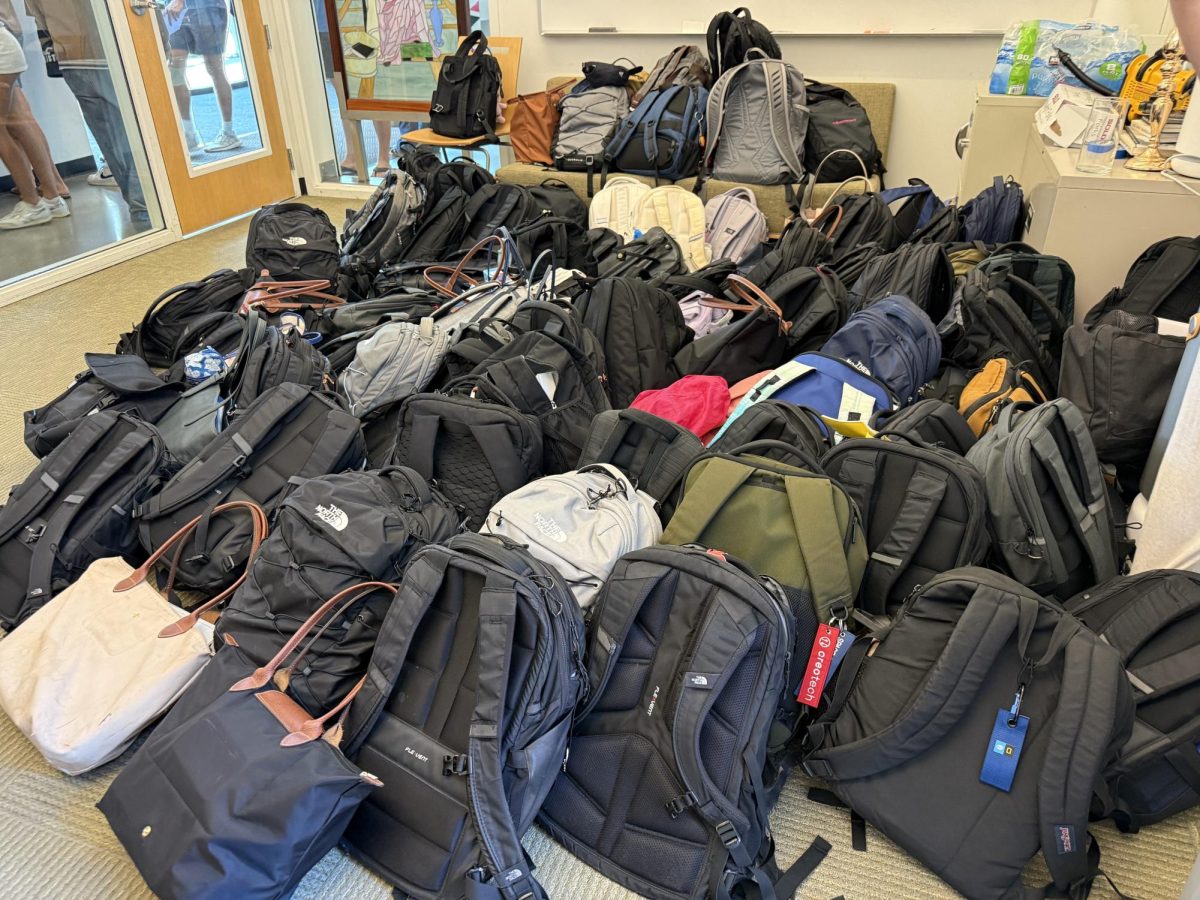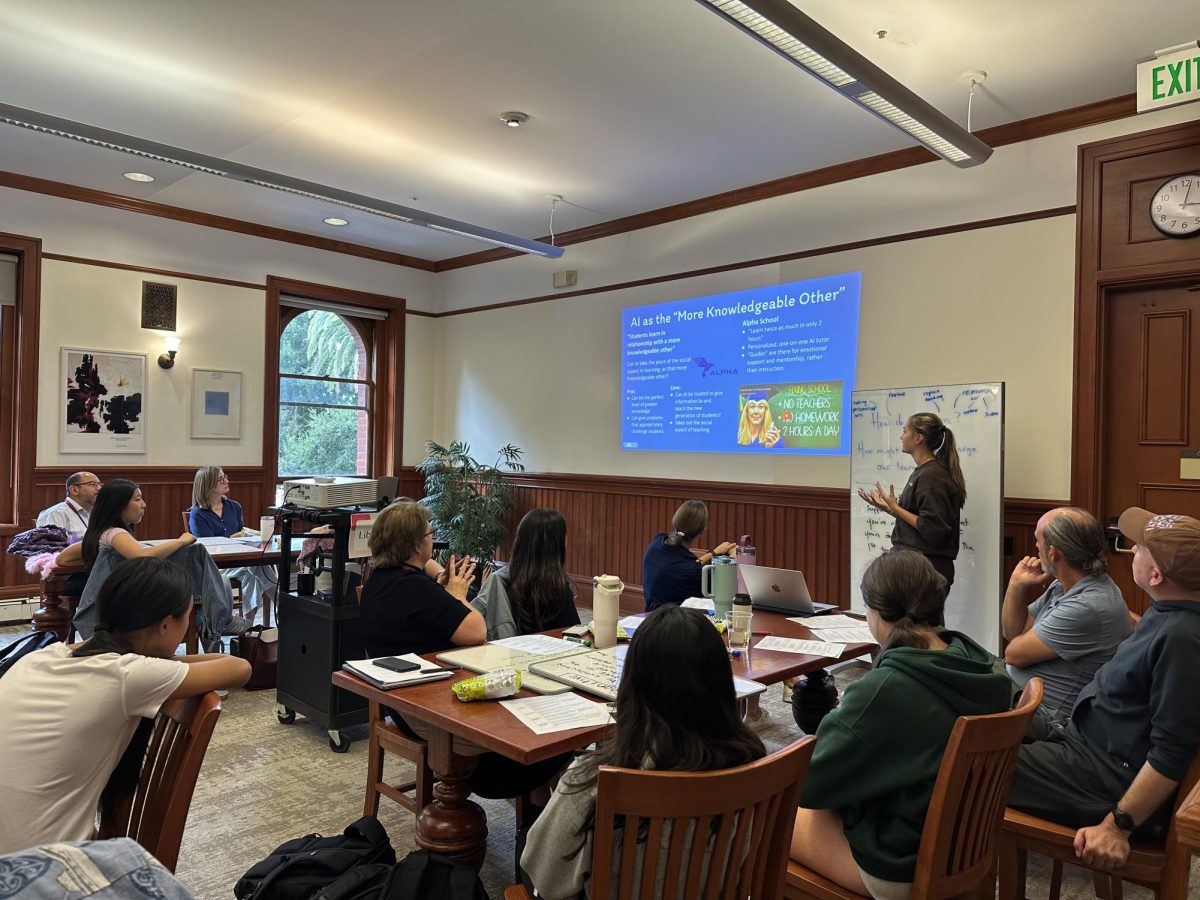Donald Trump passed the One Big Beautiful Bill Act, a tax-and-spending package that, according to the White House, delivered the largest middle and working-class tax cuts in American history and made the 2017 Trump tax cuts permanent, on July 4th, 2025. Middle and upper bracket tax rates will decrease by 3-4%, and tax deductions will increase. The most substantial impact of the bill comes from continuations to the 2017 changes. While the tax cuts will help middle class families, “a huge amount of the benefit will go to wealthy people who are paying a ton in taxes,” says Mr. Dan Brady, a social science teacher at the Prep.
The bill is incredibly costly, and will add an estimated 3.4 trillion dollars to the federal deficit over the next ten years. To offset the cost, the bill makes funding cuts to many critical programs: one trillion dollars from federal health programs and Medicaid, 120 billion from SNAP (which provides food benefits to low-income families), and cuts to clean energy tax breaks. The bill also allocates 170 billion dollars to border security and immigration control to increase construction on the wall, expand detention, and increase deportation. A sum of 30 billion dollars will go to the U.S. Immigration and Customs Enforcement (ICE)—three times the budget in 2024.
The funding cuts and work requirements implemented with Medicaid will result in millions of people losing insurance coverage for healthcare. The new “engagement” requirements of the bill mandate adults to work, volunteer in community service, or participate in job training for a total of 80 hours per month, which will make access to healthcare less universal. Even for those who work it’s difficult to get coverage. According to Brady, “[those who are] working, but don’t know how to navigate the system [could] end up getting their Medicaid revoked.” Brady cited a number of reasons including not being able to “fill out the right form or [making] some mistake in the bureaucratic reporting system.” The law also restricts how the state can use taxes to fund their statewide Medicaid programs and the healthcare benefits of certain legal immigrants. Non-citizens could previously qualify for Medicare (senior/disability benefits) through work requirements or residence, but the new changes limit Medicare eligibility to citizens, permanent residents, Cuban/Haitian entrants, and COFA migrants. Coverage for any other resident, such as refugees, asylees, is temporarily protected, although those granted humanitarian parole will have their coverage revoked in January 2027. The OBBBA also made changes to the 2022 Inflation Reduction Act, keeping the price of some of the most expensive medications for rare diseases high.
Additionally, the Supplemental Nutrition Assistance Program (SNAP) has received 120 billion dollars in funding cuts as well, reducing affordable food access and federal assistance for those in need. The OBBBA also changes SNAP paperwork-requirement exemptions for subpopulations such as veterans, the homeless, and young people too old for foster care, which impacts over 270,000 Americans in the next three years, as predicted by the congressional budget office.
In addition to 15 billion dollars in tax breaks for fossil fuel companies, the OBBBA also ends pollution-reducing programs and takes away clean energy tax credits that were helping the industry add more energy to the grid. Not only will this make air quality and power grids worse and risk public health, it will also increase electricity costs for consumers in a time when weather events are increasingly frequent and electricity demand is high. Consequences of the bill will also release 310 million metric tons of CO2 worth of greenhouse gases in the next decade. “Climate change is a real thing, and the fact that we’re abandoning the really promising work we were doing to make the energy transition is sad… I don’t see the argument for torpedo-ing our clean energy industries,” said Brady.
The impacts of this bill are immense, even for young people. Nearly 40 million children enrolled in Medicaid or the Children’s Health Insurance Program will be affected, and free school meals will also be impacted by the SNAP funding cut. Limits to student loans will make it harder for lower or middle-income students to attend expensive graduate programs. The grad PLUS program, which allowed students to borrow up to the full cost of their program, was cut, and the new limit is $20,500 per year with a lifetime limit of $257,500. Repayment rates were increased by nearly $3000 per year, and the Saving on a Value Education (SAVE) plan from the Biden administration (the most affordable payment plan in history) was also cut, among other changes.
With these shifts in federal finances, taxes, and government programs, it’s difficult to predict what the next few years will look like. But one thing is certain, the bill has signalled dramatic changes to the United States’ economy and welfare system.












